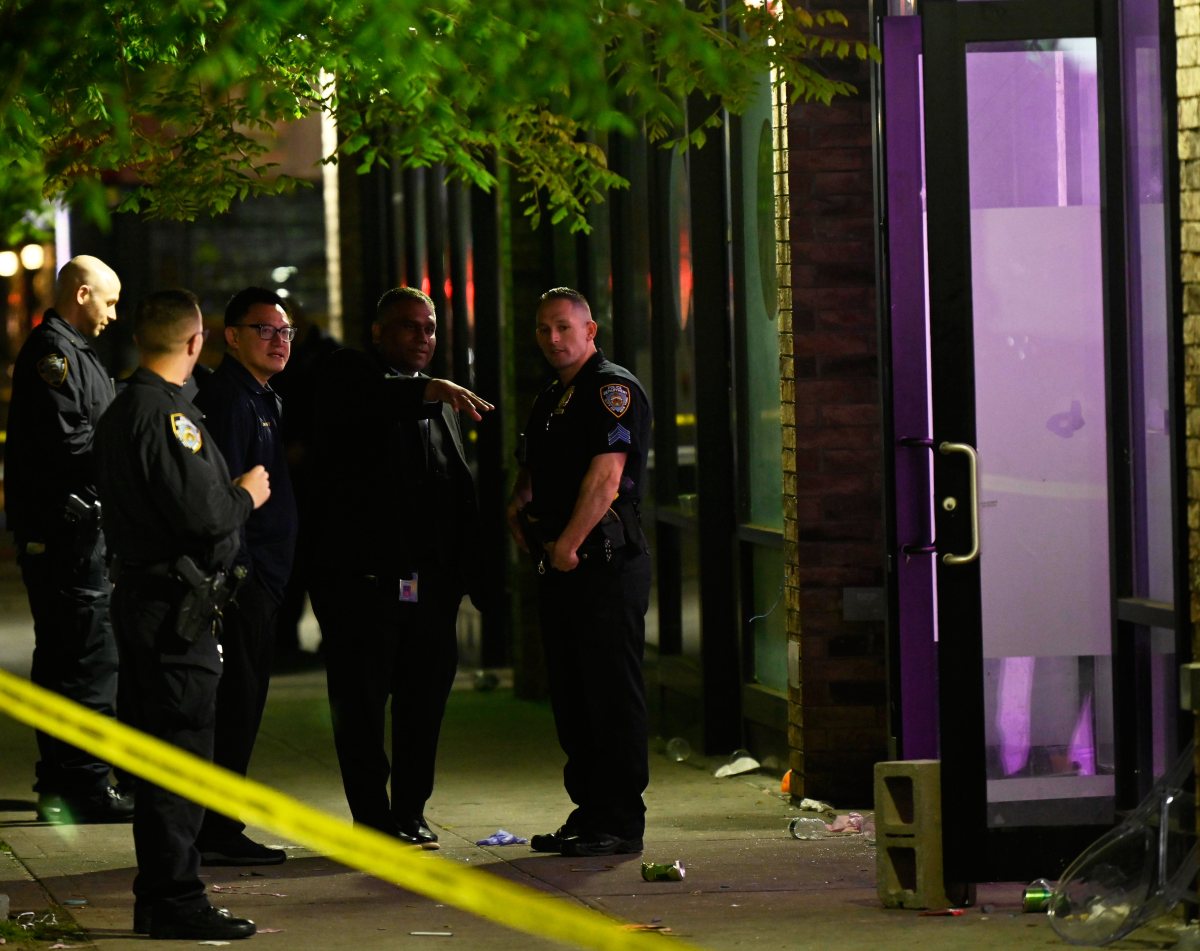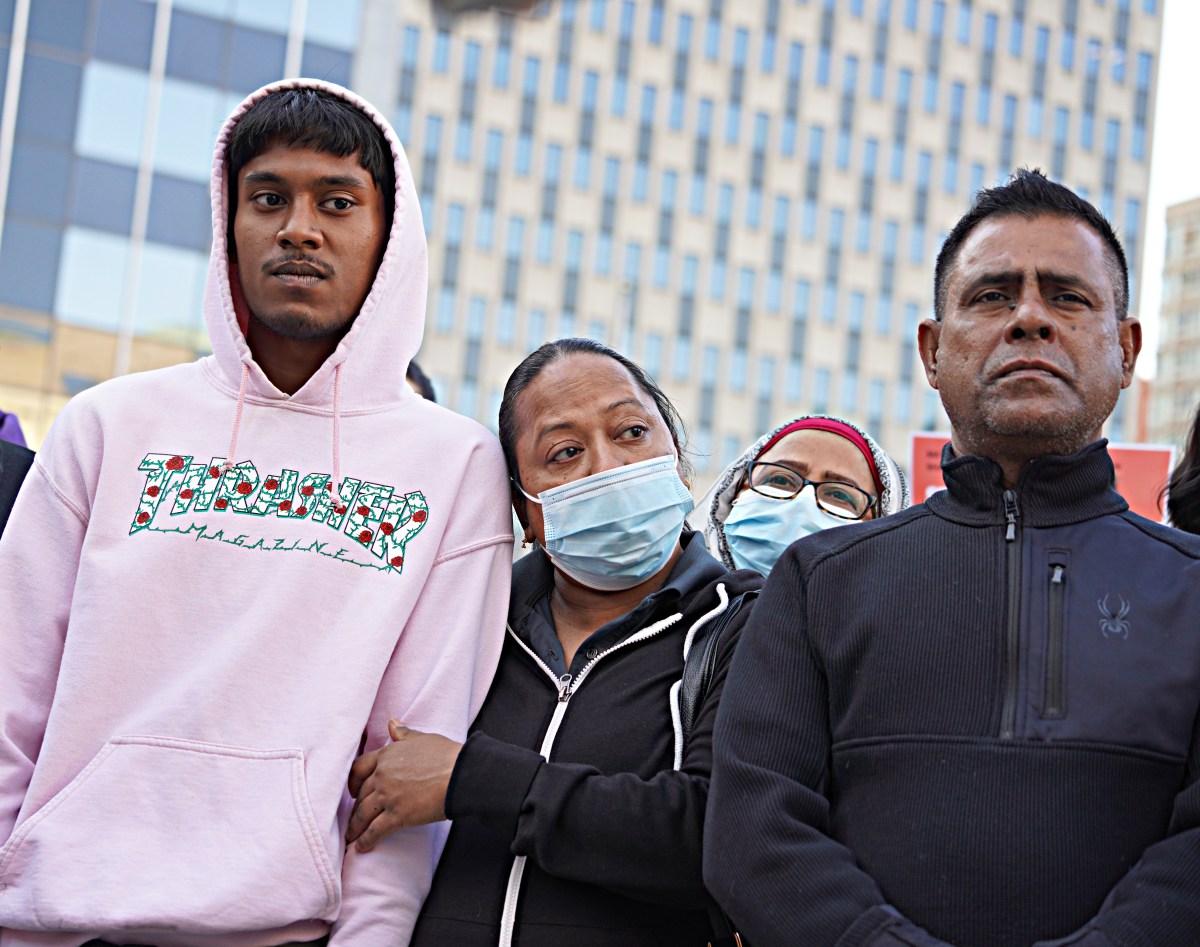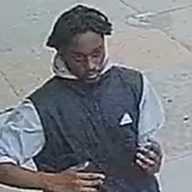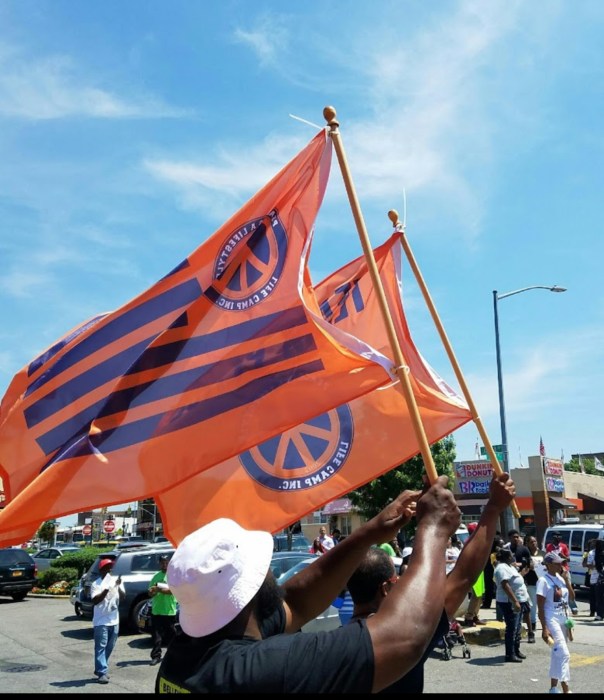By Philip Newman
The new system is scheduled to begin May 22 at seven Manhattan stations and one Brooklyn station and to progress throughout the subway system in the coming months with completion in a year.The New York City Transit Authority had first planned to begin the process of shutting down 164 subway booths last month, but heavy opposition from transit activists and the public as well as a fatal shooting inside a locked station altered the TA plan.Police were delayed getting to a West Side Manhattan subway platform where the shooting occurred and had to borrow a MetroCard from a passerby.The Transit Authority said the booths involved in the new plan will be painted burgundy red with the former token clerks, now officially to be known as customer service assistants, wearing matching colored blazers.Lawrence Reuter, New York Transit Authority president, said the new system is not a cutback intended to trim expenses but rather meant to improve conditions for straphangers.”Less than half our customers now purchase unlimited ride MetroCards,” Reuter said, “So the number of MetroCards sold was way down.”The new agents will work outside the booths but will be able to use telephones inside them if necessary, TA officials said.Their new jobs will involve explaining and helping subway riders to operate fare vending machines and to give information about using the system, making connections and other information. They will not sell MetroCards.The first booths scheduled to close and their agents converted to roving agents: Jay Street/Borough Hall in Brooklyn, 23rd Street/Lexington Avenue, Herald Square, Rockefeller Center, Union Square, Chambers Street (J/Z,M), Delancey Street and Penn Station, all in Manhattan.The booths scheduled to close are those now operating part time. Even after completion of the changeover, all 24-hour subway stations will still have one staffed booth, although it might be a considerable distance from the closed booth.Public opposition to shutting down subway booths has been especially vehement. At public hearings prior to the last two fare increases, speakers have told transit officials they fear closed subway booths will lead to an increase in crime and leave straphangers vulnerable to attack by criminals lurking in the gloom of the abandoned stations.Reach contributing writer Philip Newman by e-mail at news@timesledger or by phone at 718-229-0300, Ext. 136.




























